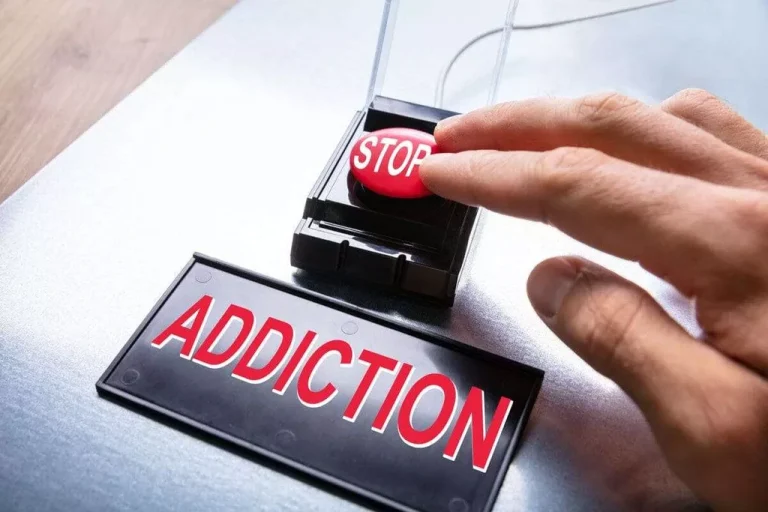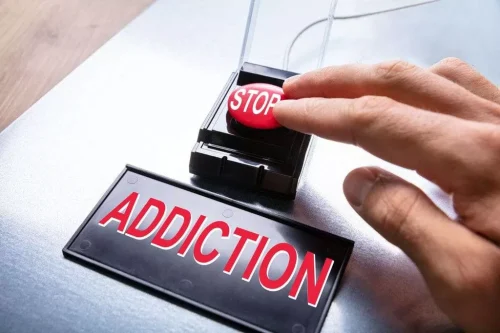
Alcohol, master of disguise that it is, can make us feel invincible. Suddenly, you’re an incredible dancer or the world’s most hilarious stand-up comedian. Of course, if one is in the phase of being actually ‘drunk,’ so many things can happen, whether planned, unplanned, intended, or unintended. Most cases of accidents and even crimes happen when one is intoxicated. The effects of Drug rehabilitation dopamine when one is ‘drunk’ affect the efficacy of one making decisions for themselves in certain situations. Furthermore, alcohol impairs judgment and decision-making abilities.
- When alcohol impairs our ability to think and reason and also lowers our inhibitions, it can cause us to say things we would not ordinarily say or to say things that are not true.
- During this stage, someone may believe they are still functioning because they have a job and they are successfully maintaining relationships.
- When the body can no longer excrete alcohol effectively, all vital functions slow dramatically.
- If a person is not used to drinking, it can be easy to take in too much alcohol and start to feel ill.
- That’s one reason young people are so much more likely to binge drink.
What Does It Mean to Be Drunk?
It is important to be mindful of your limitations when trying to determine if you are drunk or tipsy and to not attempt to do anything risky like driving. It is important to note that if alcohol is consumed continuously, the period of being drunk could last for much longer, depending on the amount of alcohol consumed. Additionally, it is important to never drink and drive as the effects of alcohol are unpredictable and can vary from person to person. Getting drunk for the first time can be a thrilling and exciting experience, but it can also be a little intimidating. Some might experience feelings of liberation or euphoria, while others might feel physical effects such as dizziness, lightheadedness, or an increase in heart rate.
Social Context and Its Influence

When someone “comes down” from heavy alcohol consumption, typically the next morning, a hangover is often the result. This experience is a combination of unpleasant physical symptoms (severe headache, nausea, vomiting, fatigue) and a profound increase in anxiety and depression. This cluster of withdrawal-like symptoms creates a strong aversion, which for many, results in a desire to continue drinking to alleviate the discomfort. The confusion stage is often where individuals experience blackouts, losing periods of time from their memory. The body’s ability to feel pain is also significantly dulled, placing the individual at an increased risk for life-threatening injuries, as they may not perceive harm or distress. Everyone is affected differently by alcohol, with some individuals experiencing the effects more rapidly or intensely than others.
Why Alcohol Poisoning Is Dangerous
- However, there are different stages of being drunk depending on your blood alcohol content or blood alcohol concentration (BAC).
- A woman will feel tipsy after consuming 1 to 2 alcoholic drinks in an hour.
- Alcohol abuse can also lead to relationship problems, financial difficulties, and job loss.
- This level of intoxication rarely results in legal issues unless it leads to public intoxication, disorderly conduct, or impaired driving.
That’s one reason young people are so much more likely to binge drink. We publish material that is researched, cited, edited and reviewed by licensed medical professionals. The information we provide is not intended to be a substitute for professional medical advice, diagnosis or treatment. It should not be used in place of the advice of your physician or other qualified healthcare provider. It should not be used in place of the advice of your physician or other qualified healthcare providers. During this stage, individuals may experience a heightened sense of happiness, reduced anxiety, and increased sociability.

- It feels like a mild, pleasant buzz when you are tipsy, and it feels like an overwhelming, disorienting state when you are drunk.
- During this stage, individuals are drinking every day, usually to avoid uncomfortable withdrawal symptoms.
- Alcohol acts as a depressant on the central nervous system, progressively shutting down brain activity and muscle coordination as intoxication increases.
- If this pattern of heavy, rapid drinking continues for long periods, the body will inevitably adapt to the consistently high levels of alcohol consumed.
In reality, this isn’t true, because after they consume their first alcoholic drink, they usually struggle to control their drinking. As the level of intoxication increases, individuals may experience slurred speech and a noticeable lack of coordination. Alcohol affects the central nervous system, impairing the functioning of motor skills and coordination. It is important to note that while these initial stages may be enjoyable for some individuals, excessive alcohol consumption can lead to negative consequences.

Emotionally, you may become increasingly uninhibited, exhibiting signs of sociability or aggression, depending on your personality type. Of course, the only surefire way to really know how drunk you are is to use a breathalyzer or to take a blood alcohol test. It’s important to remember to drink responsibly – know your limits and understand the risks what does getting tipsy feel like that come with consuming alcohol. Make sure to stay with a trusted friend, drink plenty of water, and eat before- and after drinking. Frequent drinking can lead to long-term psychological effects such as depression, anxiety, and increased risk of developing alcohol dependence. At Inner Voyage Recovery, we recognize that alcohol use can sometimes escalate beyond social drinking and become a more serious issue.

Understanding ‘Tipsy’: The Early Stage of Intoxication
One of the most commonly quoted experiences comes from Tom Harrison “The head is affected pleasantly; you feel friendly, not beer sentimental; you cannot hate with kava in you. Kava quiets the mind; the world gains no new color or rose tint; it fits in its place and in one easily understandable whole” 3. For one thing, sudden withdrawal from alcohol can cause severe symptoms, including anxiety, tremors, and hallucinations.
No Comments »